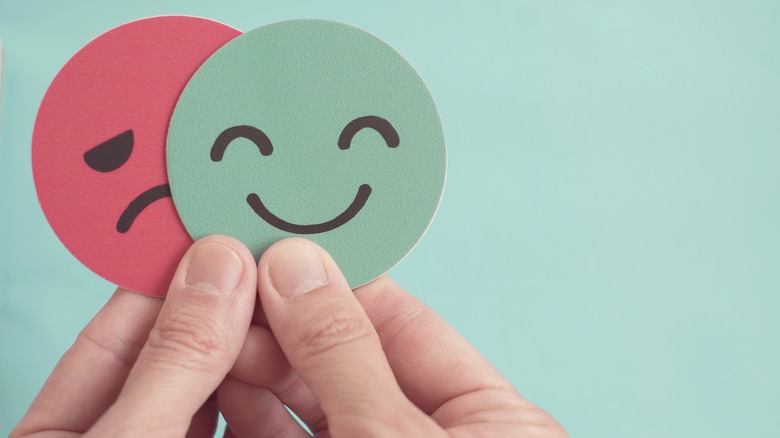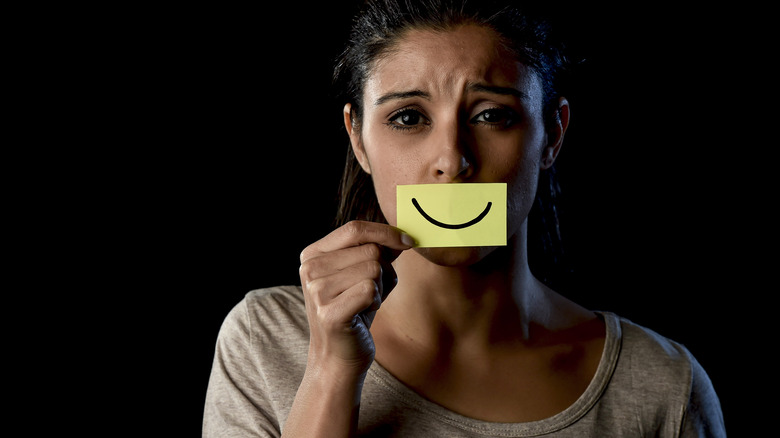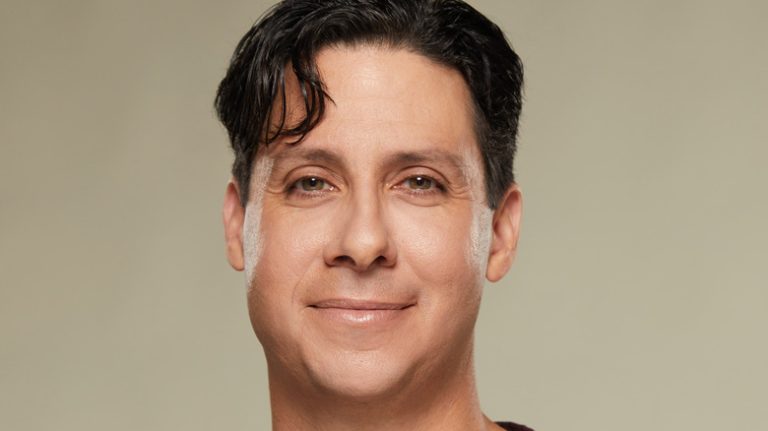Despite our best efforts to understand those around us, it isn’t always easy to gauge a person’s mental or emotional state just by observing their facial expressions or body language. On any given day, you might walk past one or many people who are struggling internally without you even knowing it, just because they seem happy on the outside. Some individuals can even be struggling with Major Depressive Disorder (MDD) and mask their pain with a smiley, friendly face. Although not an official diagnosis listed in the Diagnostic and Statistical Manual of Mental Disorders (DSM-5), professionals in the mental health field call this unique form of depression “smiling depression,” which occurs when a person has depression symptoms on the inside but is perceived as looking happy to others (per WebMD).
The loved ones of someone with smiling depression can be unaware that the individual is struggling and needs help because of the cheerful outward appearance they portray to the rest of the world. This can have serious consequences, as WebMD explains that someone who is struggling with smiling depression might be at risk of taking their own life. Because smiling depression is like a high-functioning form of depression, individuals with this condition may have more energy to act on their suicidal ideation. They hide their depression symptoms from others, which means they may not get the help they need. Some common symptoms of smiling depression are similar to those of typical depression, including headaches, social isolation, substance use, loss of enjoyment, and feelings of sadness.
Why would someone want to keep their depression hidden?

When it comes to smiling depression, there are a few social factors that contribute to why someone may not feel comfortable expressing their true emotions with others. Despite the growing acceptance of being candid about mental health struggles, there is unfortunately still a social stigma. According to a 2007 article published in Social Science & Medicine, mental health stigma refers to discriminatory attitudes and behaviors, as well as biased social structures, towards people with mental disorders. The internalization of public stigma can also bring about self-stigma, which describes the negative perception one has towards themselves for having a mental disorder.
This combination of social stigma and self-stigma doesn’t make it easy for someone to ask others for help. As described by PsychCentral, individuals with mental disorders may fear being seen as weak and worry about being judged by others if they open up about their symptoms. Consequently, they may prefer to hide behind a smile and deal with their pain alone.
Cultural expectations also factor into why someone may hide their depression. Due to the harmful societal message that men should “toughen up,” PsychCentral explains that men may be less likely than women to open up about their mental health struggles or seek out professional help. Additionally, some people hide their symptoms because they believe they can simply self-medicate with drugs and alcohol. However, this can lead to substance use problems that can exacerbate symptoms of depression.
How to start overcoming smiling depression

One of the best ways to combat the stigma surrounding mental health struggles is to openly talk about them, even when it feels scary to speak up. The National Alliance on Mental Illness (NAMI) reports that we can help those struggling with smiling depression and other mental health challenges by advocating for therapy, medication management, and healthy lifestyle choices like better sleep and diet. By spreading awareness about mental disorders, we can help to destigmatize them in our society, which may make people feel safer asking for help when they need it.
If you believe you are struggling with smiling depression, you aren’t alone and there is help available. You could start by reaching out to a psychotherapist or counselor, and you can open up to your closest loved ones. As explained by Psychology Today, this can be a family member, a friend, or anyone else that you trust to confide in.
Depression symptoms that are buried inside don’t go away, and can become worse the longer they are repressed. Reaching out to others for help can provide you with a sense of relief, and you may be surprised to find that your loved ones could be happy to support you.
If you or someone you know needs help with mental health, please contact the Crisis Text Line by texting HOME to 741741, call the National Alliance on Mental Illness helpline at 1-800-950-NAMI (6264), or visit the National Institute of Mental Health website.




